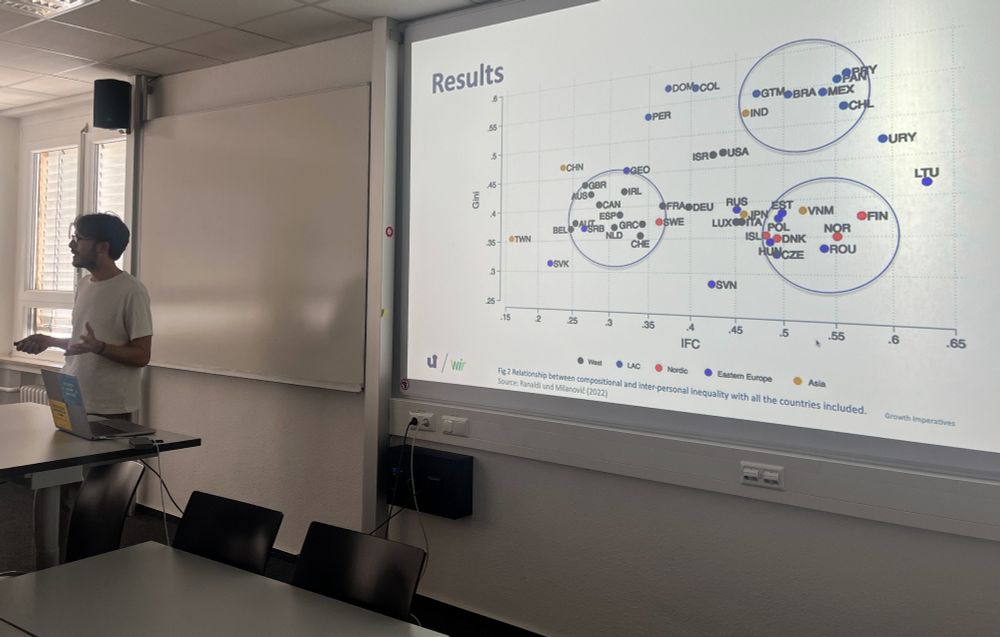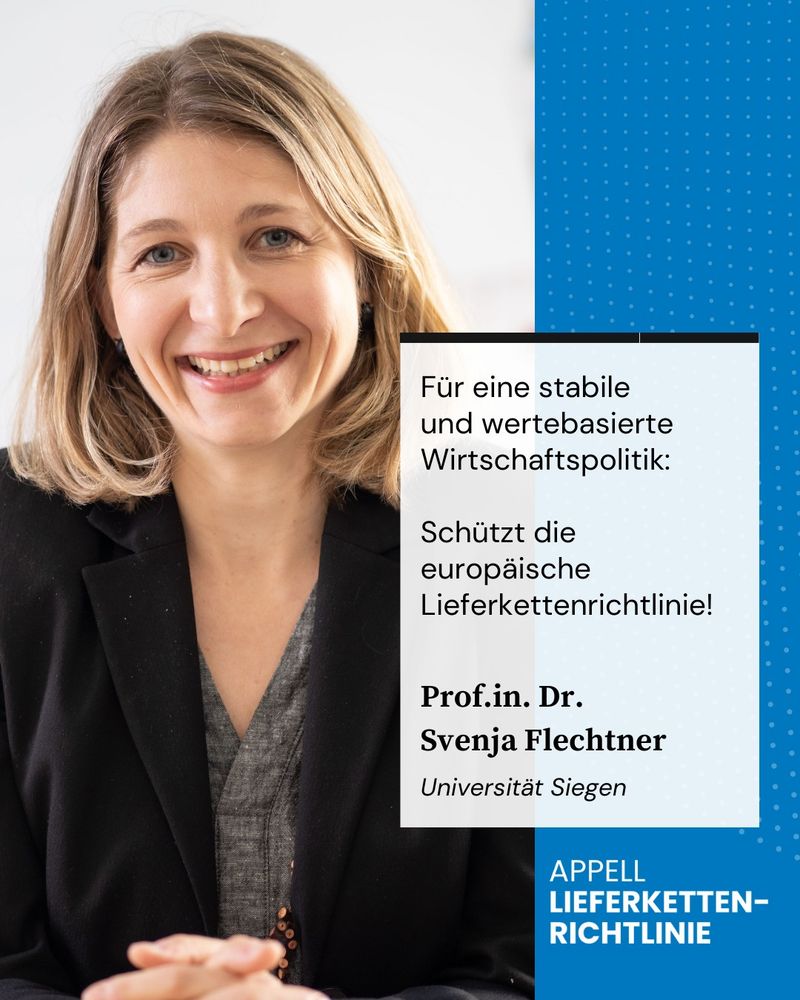Svenja Flechtner
@svenjafl.bsky.social
260 followers
410 following
32 posts
Assistant prof of plural econ @UniSiegen, interested in inequality, socio-econ development, philosophy of econ. www.svenjaflechtner.de
Posts
Media
Videos
Starter Packs
Reposted by Svenja Flechtner
Marianne Saam
@mariannesaam.bsky.social
· Jun 30
Leibniz Open Science Day 2025: Better Science for Better Policies
Where? Berlin. When? 27 October 2025. Replications and meta-studies in particular are becoming increasingly crucial to ensure the reliability and validity of scientific research findings.
www.zbw.eu
Reposted by Svenja Flechtner
Svenja Flechtner
@svenjafl.bsky.social
· Mar 27
Svenja Flechtner
@svenjafl.bsky.social
· Mar 27
Svenja Flechtner
@svenjafl.bsky.social
· Mar 27
Svenja Flechtner
@svenjafl.bsky.social
· Mar 27
Svenja Flechtner
@svenjafl.bsky.social
· Mar 27
Svenja Flechtner
@svenjafl.bsky.social
· Mar 27
Svenja Flechtner
@svenjafl.bsky.social
· Mar 27
Svenja Flechtner
@svenjafl.bsky.social
· Mar 27
Svenja Flechtner
@svenjafl.bsky.social
· Feb 27
Svenja Flechtner
@svenjafl.bsky.social
· Feb 27
Svenja Flechtner
@svenjafl.bsky.social
· Feb 27
Svenja Flechtner
@svenjafl.bsky.social
· Feb 27
Svenja Flechtner
@svenjafl.bsky.social
· Feb 27
Reposted by Svenja Flechtner
Svenja Flechtner
@svenjafl.bsky.social
· Jan 17
Svenja Flechtner
@svenjafl.bsky.social
· Jan 17
Svenja Flechtner
@svenjafl.bsky.social
· Jan 17




